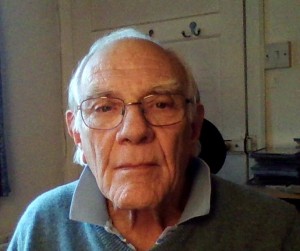A contribution from John Bazalgette
It was said of Oliver Cromwell during the English Civil war, that “He was their leader: he followed them”. How does that symbiosis work out in 21st century practice in businesses, organisations and countries across the globe? The answer lies in a different way of thinking about role.
The common misapprehension is that ‘leadership’ is a personal quality. All human structures wrestle with the reality  that life in organisations is carried on at the verge of chaos. So hierarchies of power get used to control rather than liberate people. But ‘leadership’ is a function of relatedness in a system, enabling it to achieve its purpose in context. Organisations flourish when activities are aligned to meet the purpose for which they were created. In return for the benefits the organisation delivers, the context provides the resources to meet those contextual needs. Any organisation that fails to deliver, fails.
that life in organisations is carried on at the verge of chaos. So hierarchies of power get used to control rather than liberate people. But ‘leadership’ is a function of relatedness in a system, enabling it to achieve its purpose in context. Organisations flourish when activities are aligned to meet the purpose for which they were created. In return for the benefits the organisation delivers, the context provides the resources to meet those contextual needs. Any organisation that fails to deliver, fails.
Finding, making and taking roles
What is missing from most of our professional formations are opportunities to learn to understand and interpret the boundaries of the systems in which we engage with others. This is especially the case with the role boundaries through which we encounter one another, finding, making and taking our roles in ways that release our full humanity. Too frequently leaders in organisations trade in the same ‘role currency’ as did ancient monarchs: might is right – obedience and compliance provide the basic relatedness between ‘senior’ and ‘junior’ in the management structure.
But it need not be like this. All human beings are born organisational analyst: we have always had the potential ability to analyse organisations. But that ability needs developing. All our human capacities – generosity, anger, fear and love – become accessible resources when we analyse the structures in which we take roles, and thus enable the system to achieve its purpose. Then we can experience what it is to be full human beings in role.
End Note
This blog is based on a paper Leadership: the full human being in role, from a collection of papers called Adaptation and Innovation edited by Eliat Aram and published by Karnac. Those wishing to know more can visit www.grubbschool.org.uk, where details of further learning are given, including participating in a Masters’ degree in Leadership and Organisational Analysis. 